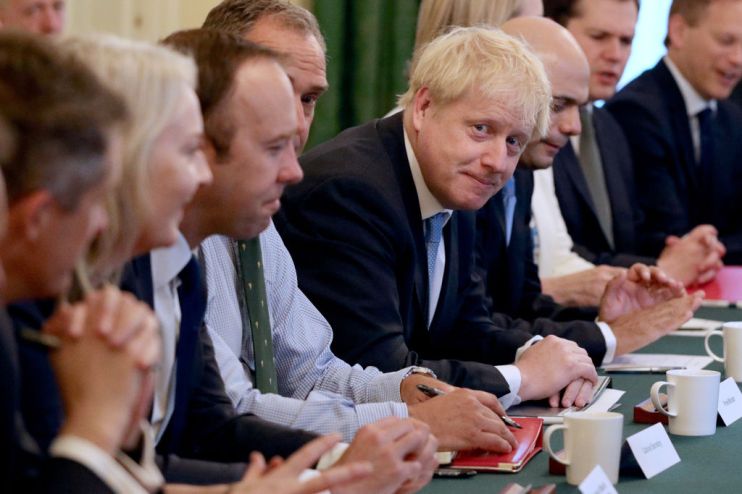Business groups cheer new government’s change of tune on migration cap

Britain’s biggest business groups yesterday welcomed signals from Downing Street that the new administration has all but abandoned the target to bring net migration below 100,000.
Read more: Boris Johnson takes aim at Brussels in fresh Brexit battle
Both the Confederation of British Industry (CBI) and the Institute of Directors (IoD) said the government’s turn away from one of Theresa May’s flagship policies would boost the economy.
In his first Commons outing in his new role today, Prime Minister Boris Johnson told the House that “our immigration system must change”.
A Number 10 spokesman later confirmed that Johnson “wasn’t interested in a numbers game”. This signalled doom for the target for net migration – the difference between those leaving the UK and those arriving – which was above 250,000 in 2018.
The CBI’s UK policy director Matthew Fell said the move was “hugely welcome” and “sends a decisive signal to the world that the UK is open for business”.
“A focus on need, not numbers, will ensure the UK can access vital skills and labour to grow the economy.”
Edwin Morgan, interim director general of business leaders’ body the IoD, said: “Our members would be delighted to see the back of this arbitrary and counterproductive target.”
“It’s crucial that our future migration system allows companies to fill skills gaps with a minimum of bureaucracy and delay.”
Former PM May remained doggedly committed to the numerical target, set in 2010, despite it never being reached.
Downing Street said the new PM was working towards an “Australian points-based system” under which points are given to potential immigrants for professional and personal characteristics such as skills and age.
In the Commons yesterday, Johnson also suggested he could call an amnesty for the UK’s estimated 500,000 illegal immigrants, a policy he has floated in the past.
Read more: Theresa May wishes Boris Johnson ‘every good fortune’ in last speech as PM
“We need to look at our arrangements for people who have lived and worked here for a long time, unable to enter the economy and to participate properly or pay taxes,” he said.